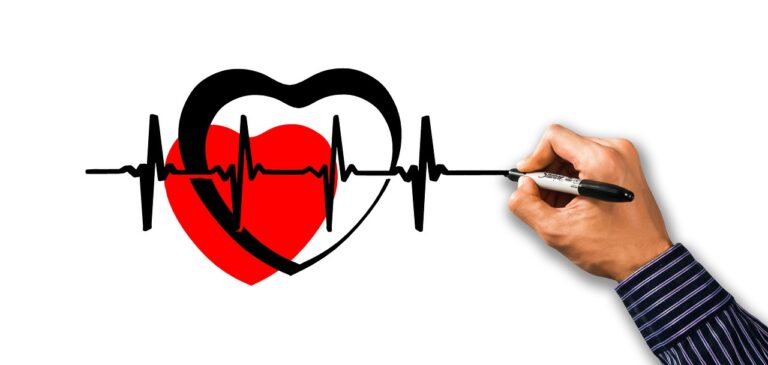The Role of Digital Twins in Healthcare: Virtual Modeling for Personalized Medicine
Digital twins have emerged as a powerful tool in revolutionizing healthcare by creating virtual replicas of individual patients. These digital replicas are dynamic and continuously updated with real-time data, enabling healthcare providers to gain a deeper understanding of patients’ unique characteristics and needs. This personalized approach allows for more effective diagnosis, treatment planning, and monitoring of patients’ conditions.
With the use of digital twins, healthcare professionals can simulate different treatment options and scenarios to determine the most suitable course of action for each patient. By analyzing data from the digital twin, providers can predict potential health outcomes and proactively intervene to prevent or manage health issues. Ultimately, the potential of digital twins in healthcare lies in their ability to improve patient outcomes, optimize treatment plans, and enhance the overall quality of care.
Understanding Virtual Modeling in Personalized Medicine
Virtual modeling in personalized medicine is revolutionizing the healthcare industry by allowing for the creation of digital replicas of biological systems, referred to as digital twins. These digital twins are precise representations of an individual’s unique anatomy, genetics, and physiological characteristics, providing valuable insights for healthcare professionals.
By utilizing virtual modeling in personalized medicine, healthcare providers can simulate different treatment scenarios and predict their outcomes with high accuracy. This level of personalized simulation enables physicians to design more effective treatment plans tailored to each patient’s specific needs, leading to improved clinical outcomes and patient satisfaction.
• Virtual modeling in personalized medicine creates digital twins of biological systems
• Digital twins are precise representations of an individual’s anatomy, genetics, and physiology
• Healthcare providers can simulate treatment scenarios and predict outcomes accurately
• Personalized simulation allows for more effective treatment plans tailored to each patient’s needs
Advantages of Using Digital Twins in Healthcare
Digital twins in healthcare offer a unique advantage by providing a virtual replica of an individual’s biological system. This personalized modeling allows healthcare professionals to predict potential health outcomes and tailor treatment plans accordingly. By simulating various scenarios using digital twins, medical practitioners can optimize patient care, ultimately leading to more effective and targeted interventions.
Another key advantage of using digital twins in healthcare is the ability to monitor real-time health data in a virtual setting. This continuous monitoring can help detect subtle changes in an individual’s health status, enabling early intervention and prevention of adverse health events. Additionally, digital twins facilitate remote patient monitoring, which is particularly beneficial for individuals with chronic conditions or those who require frequent follow-ups.
What is the potential of digital twins in healthcare?
Digital twins have the potential to revolutionize healthcare by providing personalized and precise virtual models of patients, enabling better diagnosis, treatment planning, and monitoring.
How does virtual modeling contribute to personalized medicine?
Virtual modeling in healthcare allows for the creation of digital twins that represent individual patients, taking into account their unique characteristics, genetics, and medical history to tailor treatments specifically to their needs.
What are some advantages of using digital twins in healthcare?
Some advantages of using digital twins in healthcare include improved accuracy in diagnosis, the ability to simulate treatment outcomes before implementation, and the potential for more effective monitoring of patient progress.
Can digital twins help in predicting and preventing health issues?
Yes, digital twins can be used to predict potential health issues based on data and simulations, allowing healthcare providers to take preventive measures and intervene early to improve patient outcomes.
How can digital twins benefit medical research and drug development?
Digital twins can be used in medical research and drug development to simulate the effects of new treatments on virtual models, helping to identify potential risks and optimize drug regimens before conducting clinical trials on actual patients.







